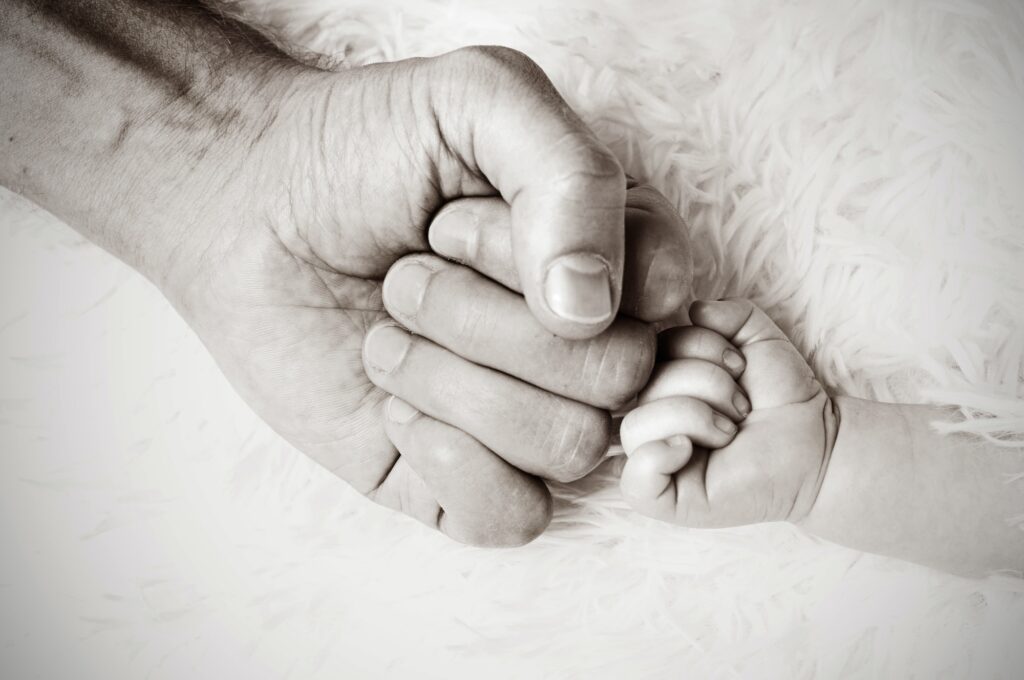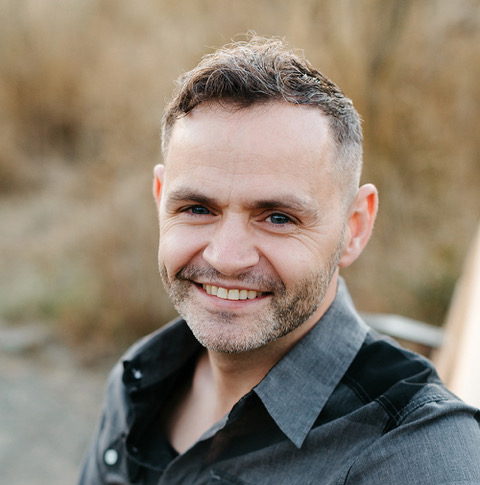
The Church is Christ’s body, his beloved bride, and chosen instrument for ministering to the world. Local churches are supposed to be “kingdom outposts” intended to “manifest the life of the Kingdom of God to the world around [them].”1 These Christian communities are invited to live in communion with God, love and serve one another, and administer his grace to the world as they fulfill the command to “make disciples of all nations” (Matt 28:19). Followers of Jesus should be on a distinct path of growth and formation, progressively advancing toward Christlike maturity. And yet every day people who confess Christ struggle with materialism, gossip, sexual addiction, division, nationalism. Church members bicker and fight. Churches split. Christian leaders fall into sin. Churches consistent in worship services and Bible studies close their doors, unable to survive. Rather than a fruitful church that resembles Christ to the world as God intends, most local churches are seen by outsiders as “hypocritical, too focused on getting converts, antihomosexual, sheltered, too political, and judgmental.”2 Houston, we have a discipleship problem.
A number of writers draw attention to a “sanctification gap”3—a discrepancy between the quantity of knowledge held by Christians and the degree of transformation evident in their lives. Dallas Willard wrote of “an obvious Great Disparity between . . . the hope for life expressed in Jesus . . . [and] the actual day–to–day behavior, inner life, and social presence of most of those who now profess adherence to him.”4 Some have tried to blame this disparity on the Church’s failure to keep discipleship central, yet even when discipleship is central, the sanctification gap persists.
A factor which may be contributing to this disparity is the accusation that the Church is content with mere “surface-level alterations.”5 She has become proficient at producing “productive” Christians who are busy doing things for God rather than being people of inner depth. The Willow Creek Reveal study conducted in 2007 showed that one in four people at Willow Creek, at that point one of America’s largest megachurches, was stagnant in their spiritual growth or was considering leaving the church. The subsequent study in 2016, Move, surveyed a thousand churches across the US and concluded that movement toward deeper maturity takes place largely outside the local church. The State of Discipleship, a collaboration between Barna and The Navigators found that “The American church is not doing very well at discipling its people . . . our methods of making disciples are broken.”6 Something has gone wrong in the general approach to discipleship.
Part of the problem is an overemphasis on external behaviors, resulting in discipleship practices that are implemented in one’s own strength. Though perhaps fruitful for a time, these methods result in shallowness in the Church. Mike Wilkins, at the height of the discipleship resurgence, wrote:
We insist on an external gauge of discipleship—how much someone witnesses, how many Scripture verses they can memorize—when we should be training people how to be changed in heart. A focus on externals encourages a shallow discipleship. Then we wonder why Christians wear out, get bored, or become discouraged when God is not working in their lives. You see, sometimes our focus on externals can even prevent real inner growth.7
Jesus, God incarnate, lived on this earth in full dependence on the empowerment of the Holy Spirit for life and ministry. Something is wrong with our discipleship if it can be reduced to external behaviors devoid of the time- and energy-intensive work of surrendering our lives to the Spirit to transform our hearts and empower our lives. It is entirely possible to stay busy with discipleship activity and avoid the hard work of maturing into Christlikeness. If our current discipleship models so easily encumber spiritual maturity and result in such un-Christlike fruit, something needs to change for the Church to become more effective at its central mission: making disciples.
In this series I submit that one of the contributing factors to the discipleship deficit is the failure to build and embrace a theology of weakness as the foundation of the Christian life. An unchecked bias toward strength and aversion to weakness in the Church, individually as well as corporately, is hindering the Church’s effectiveness. The Church must then produce and embrace a redemptive theology of weakness to counter this faulty approach.
Strength-Based Approach
Much discipleship today is unknowingly built on the foundation of a faulty theology of strength, a theology of strength-without-weakness. This faulty theology is a framework that glories in the power of Jesus, believing God is (only) pleased to reveal himself through demonstrations of power, and sees growth in the life of a disciple as the removal of weakness and the increase of human strength, since it views weakness as antithetical to the Christian life. It is ultimately a theology of human potency.8 This underlying theology of strength-without-weakness subtly permeates much of the thinking of the western church. There are many ways this manifests, but here are four broad brushstrokes that result from the absence of a theology of weakness.
First, when operating with a faulty theology of strength and its counterpart, aversion to weakness, Christians become masters of mask-wearing. In our disdain for weakness, we believe we have to “have it all together” so we strive to put our best foot forward. We think that to reveal our weaknesses is to invite rejection, and so we put on masks. These masks prevent us from experiencing the deeply transformative relationships we need for healing, settling instead for “pseudo-community.” In contrast, a theology of weakness celebrates vulnerability, understanding our universally shared brokenness and need for Jesus as uniting factors. We are free to remove the masks, embrace our weakness, and experience the love and acceptance we need to heal and grow.
Second, strength-oriented discipleship breeds individualism. Discipleship with an underlying exaltation of human potency encourages the privatization of faith and autonomous religious practice rather than fostering interdependence in the Church. It confesses the need for interdependent relationships while saying to the other body parts, “I don’t need you!” (1 Cor 12:21) If we’re not careful, our discipleship practices will promote an image of “superman” Christians surviving and thriving alone. A theology of weakness sees the need for relationships as a fundamental component of our createdness and seeks expressions of faith that encourage interdependence and partnership.
Third, strength-based weakness-averse discipleship consistently produces methodologies that are one-dimensional. Noble attempts to simplify discipleship in order to create easily reproducible tools and packages subtly communicates that discipleship is about mastering a technique rather than growing deeply in intimacy with Jesus. Thus well-intentioned effects to equip the Church for God’s work can end up enslaving the participant in legalism and moralism. Discipleship enacted with a robust theology of weakness values curricula, models, techniques, but acknowledges their limitations, seeing them as tools that should be used in dependence upon God in order to open someone up to the transforming work of the Spirit.
Lastly, strength-only approaches have a damaging impact on the Church’s mission posture. Aversion to weakness fosters a triumphalist mentality where we work for God responsible to establish his Kingdom, rather than offering ourselves as instruments through whom and with whom God works to expand his kingdom. In this posture our methods resemble the power structures of the world and our ministries look more like the prevailing culture than the kingdom. We operate with a Messiah complex believing we are here to save/fix the people we’re supposed to love/serve, walk with an arrogant spirit, and fail to partner with others in the work of the gospel. A theology of weakness acknowledges the Church’s limitations, depends on God as the missional impetus of the Church, and works with him from a posture of humble dependence. When doing “mission from a position of weakness,”9 the Church understands itself as a tool that God can use to accomplish his work, sees the need to partner both with other Christians and with those being reached for effective ministry, and knows that one’s best efforts bear no fruit unless God’s power is at work.
Transformation happens as the gospel is reapplied consistently over time to all aspects of a person’s life. Only by a continual admission of personal inability and one’s need for divine empowerment can progress be made toward Christlike maturity. The Church must recover the centrality of the theology of weakness so that discipleship is again rooted in dependence on the Holy Spirit’s empowerment, rather than human effort alone. It is by redeeming the concept of weakness, and in the rediscovery and re–embracing of a theology of weakness, that Christians can learn to operate from God’s–strength–in–our–weakness (2 Cor 12:9-10).

